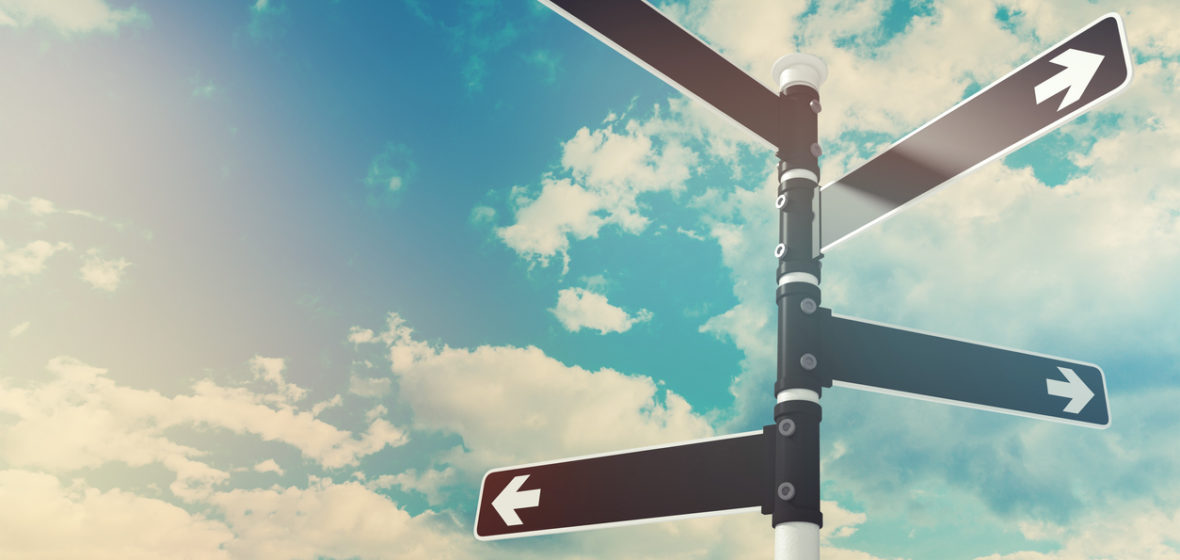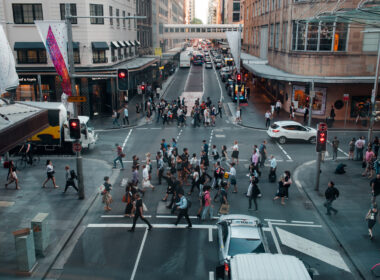It’s safe to say that almost every university ethics subject addresses the dichotomy between legality and morality.
In an ordered society, what’s legal largely overlaps with what is morally right, while the extraordinary events of COVID-19 illustrate the importance of identifying the difference between the two and acting accordingly.
History becoming reality
Ethics classes often use the extremes of history to illustrate the difference between legality and morality, with Nazi Germany being a commonly used case study.
Much of what Nazi Germany did prior to and during the Second World War was immoral.
The most infamous example being the Holocaust: a systematic rounding up of certain classes of people, such as Jewish and disabled people, forcing them out of their businesses and homes into ghettos and, more disturbingly, mass murdering them.
However, despite the Holocaust being one of the gravest displays of human cruelty and evil, all of it was completely legal within Germany at the time. In fact, it was official government policy.
On the other side, though, many people at the time broke the law to save lives. Oscar Schindler is a famous example, immortalised in Steven Spielberg’s Academy Award-winning film Schindler’s List.
Fast forward to the global pandemic and we are confronted with a number of modern examples of the difference between what’s legal and what’s right. Thankfully, these examples are far less extreme than those found in Nazi Germany.
Legal but immoral
What’s legal but morally wrong right now? Hoarding necessary supplies.
What started as an absurd peculiarity of people hoarding large amounts of toilet paper has expanded, seeing most supermarkets shelves stripped bare around the country.
This has left our most vulnerable citizens and the emergency services on the frontline struggling to get basic necessities, placed huge burdens on people who live in remote communities, and spread unnecessary fear throughout the country.
Many of the vulnerable people affected are those highly susceptible to serious complications of COVID-19.
Most people would agree that, while not illegal, these actions are not right. This is illustrated by the Prime Minister’s denouncement of the behaviour and supermarkets limiting customers’ purchases.
Another example of immoral but not illegal behaviour was displayed when thousands flocked to Bondi beach on 20 March 2020.
Sydney Morning Herald journalist Andrew Taylor captured the alarming self-interest being displayed from one beachgoer in his 21 March 2020 article.
Sam Sirianni, who regularly runs and swims at Bondi Beach, said he was “not really” worried about visiting the beach.
You can’t stop people from living. If it’s a nice day and I want to have a run and a swim, well I’m gonna go do it.
– Sam Sirianni, regular beachgoer
It is this type of attitude and behaviour that leading doctors have said will cause a rapid spread of the virus and see the health system inundated.
While going to the beach on that day was not illegal, it was a total disregard for the rest of society and the danger a simple “run and a swim” posed to the community.
Morally right but illegal?
On the converse side, what might be illegal right now but the right thing to do?
A perfect example is shutting down State borders, which presents a tricky constitutional question.
Section 92 of the Constitution enshrines one of the document’s few explicit rights, namely the freedom of movement between States for the purpose of trade.
This is a Federal law, and in accordance with s 109 of the Constitution, the States cannot enact laws inconsistent with s 92.
However, States have been closing their borders in an effort to prevent the spread of COVID-19. So far, Tasmania, Queensland, South Australia and Western Australia have all closed their borders and the mainland States are erecting roadblocks to enforce the closures.
These border closures are undoubtedly having an effect on trade between the States. The AFL announced the suspension of its season after South Australia and Western Australia closed their borders. The NRL soon followed suit and suspended its season when the Queensland border closure was announced.
As the closures have an effect on trade, they may be considered unconstitutional.
However, given the rapid spread of the virus throughout the country in March 2020 alone, closing State borders was the right thing to do, even if it disrupted free trade between States.
What’s to learn?
The global pandemic is raising daily questions of what is right and wrong.
If there is anything to learn from these ethical questions the crisis poses, it is that we must all work together if we are going to get through this.
Thinking only of ourselves might not see us commit any crimes, but it won’t see us act in the interest of the greater good.
The only thing that will stop the rapid spread of the virus and ensure our health system is not overrun is doing what is best for our country.




